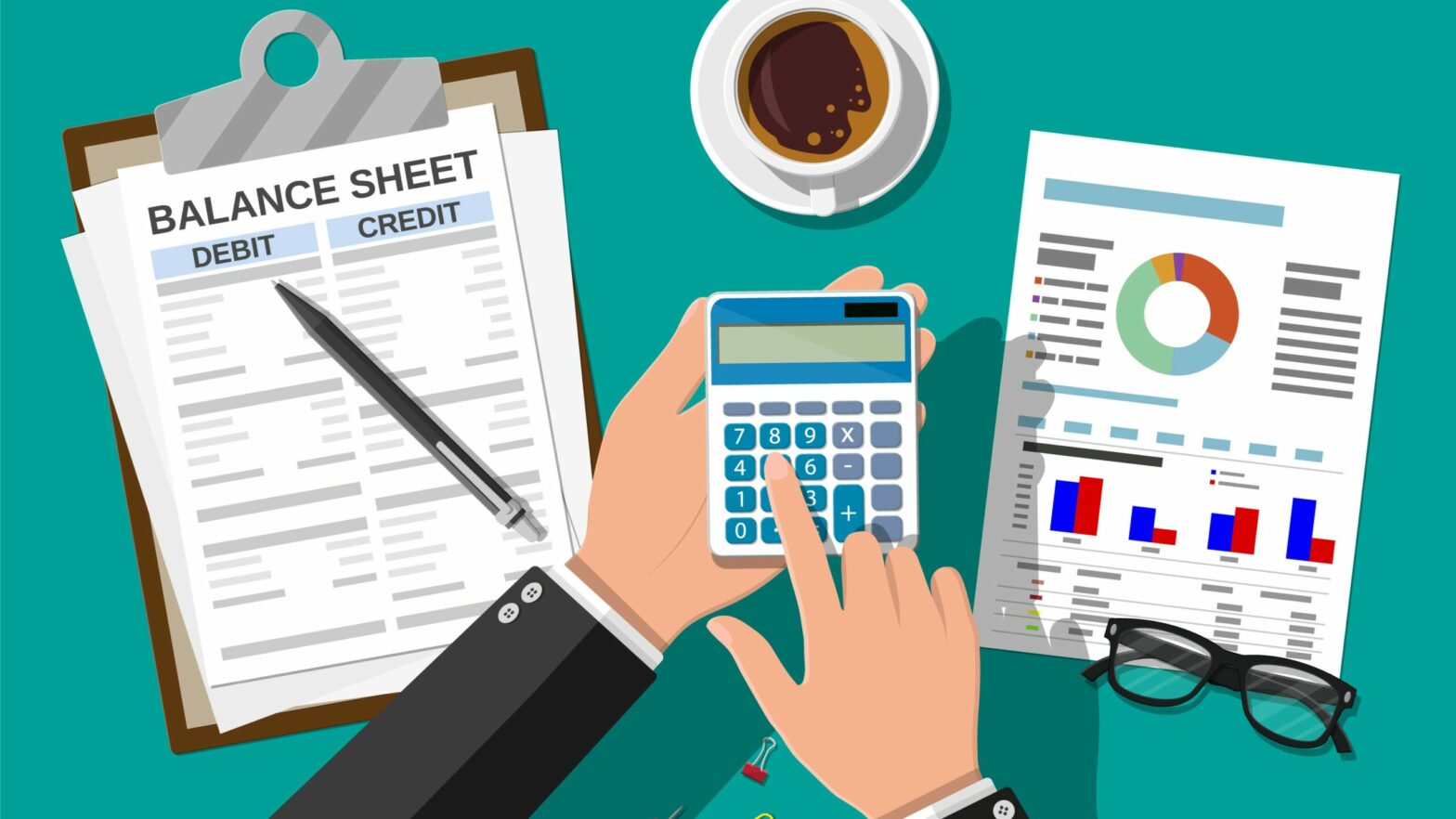Whilst some may have written off blockchain technology as a bit of a novelty or a buzzword, its ever increasing use within the financial sector suggests otherwise. More banks are seeking to use blockchain in 2018 to transform parts of their business, especially in terms of reducing fraud and achieving growth.
Banks have taken a notable interest in using Blockchain technology because it makes it difficult for fraudulent transactions to take place. Blockchain works via a distributed database through multiple servers that are constantly updated and secured within the ‘chain’ by the use of cryptography. Any new blocks added to the ledger cannot be altered, providing an extra level of security.
Fraud protection is a big deal at the moment. In the UK alone, financial fraud losses totalled £768.8 million in 2016 according to Financial Fraud Action UK.
Buying bitcoins
2017 has seen the introduction of the bitcoin ATM and cashpoint. California and Tel Aviv have been the first adopters of this and the points are currently located in petrol stations, outlets and even fast food restaurants.
This solves the problem that bitcoin is very difficult to buy and takes several days to process. Traditionally, you have to set up an online wallet, verify your details and make a deposit in return for some coin. However, the ATM is designed to allow you to purchase coins there and then, allowing you to verify your identity through your phone and if you don’t have an e-wallet already, it prints a physical one for you.
The most natural progression is for a bank to offer this facility too, especially since the average brokerage fees for buying cryptocurrencies is around 10 per cent to 15 per cent, suggesting there is a healthy margin to be made.
Realistically, banks will need to consider whether they maintain their distance from new blockchain currencies or jump on the bandwagon.
Utility settlement coin
In August 2017, six banks including Barclays, HSBC, State Street, MUFG Credit Suisse, Canadian Imperial Bank of Commerce joined a UBS-led effort to develop a ‘utility settlement coin’ (USC).
With plans to launch the product at the end of 2018, the USC would be part of a digital cash system created via blockchain technology. Without the need of third-party verification and the security of a shared ledge, it will enable faster payments between bank accounts than before.
If successful, we could see similar technology produced by high street lenders who emphasise fast funding such as Amigo, Wonga and Quick Loans.
Blockchain in 2018: Batavia
Another project, entitled Batavia, has been spearheaded by IBM and UBS but also involves the Bank of Montreal, Erste Bank, Commerzbank and Caixabank, hopes to start using the technology with real transactions this year. Many experts say the technology has the potential to transform trade finance for cross-border transactions, due to the swiftness of the blockchain system. This is through the use of smart contracts – which allows the almost immediate transfer of money worldwide.
However, that is not to say that blockchain technology has not already been used when it comes to trade finance transactions. The very first was by Wave, a Barclays and Israeli start-up. They managed to make a transaction process for $100,000 of butter and cheese exported from an Irish co-operative to the Seychelles take less than four hours when it would usually last up to 10 days.
Interested to know why the blockchain will change the banking industry forever? Check out 5 ways blockchain technology is changing the world then.
https://growthbusiness.co.uk/2018-business-tech-lawsuits-voice-controlled-devices-and-blockchain-2553292/







